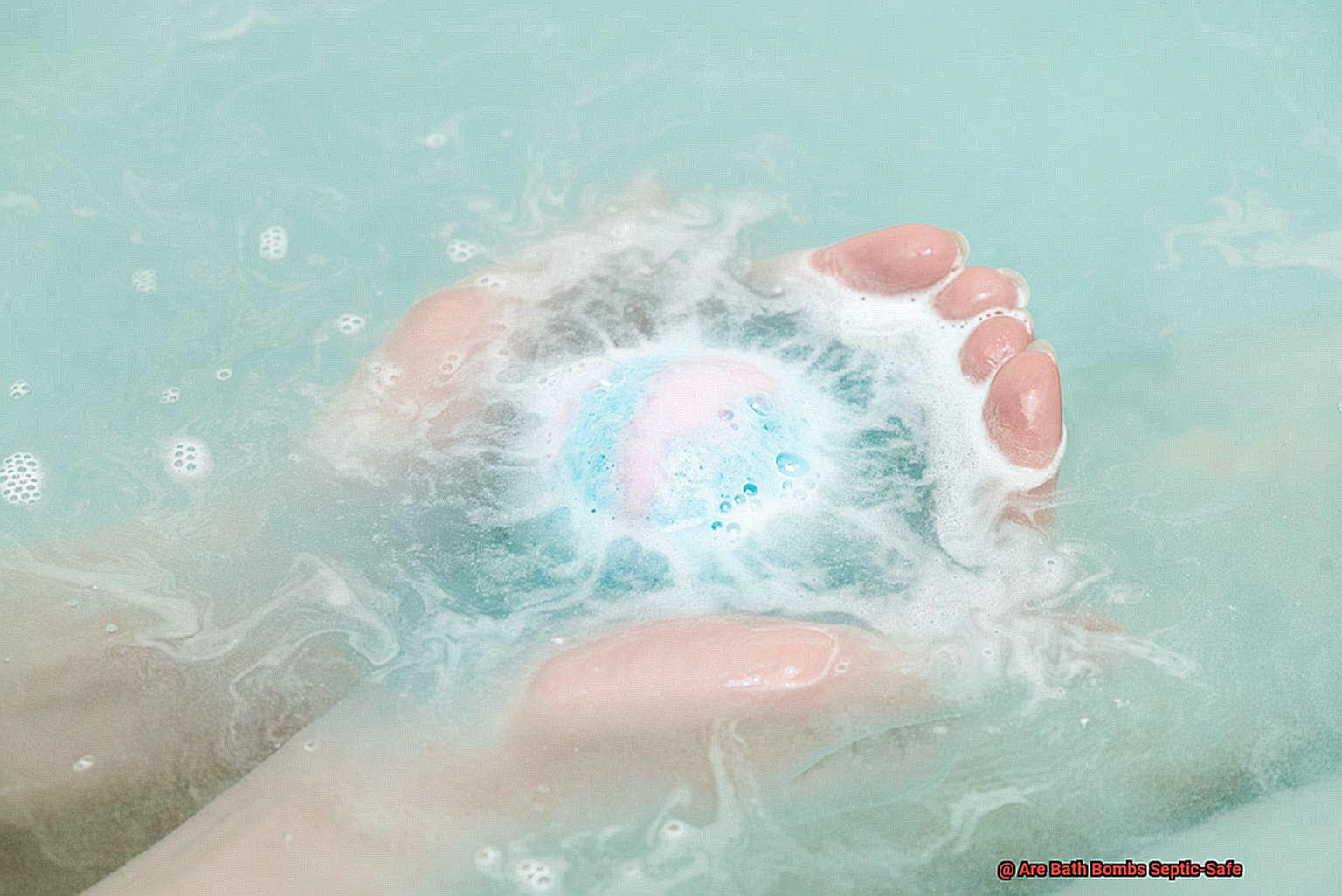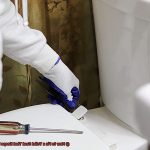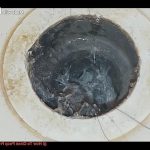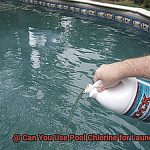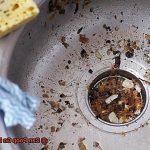Bath bombs have become a staple in the world of self-care, and it’s no surprise why. These colorful, fizzy spheres add a touch of luxury to any bath time routine, leaving you feeling relaxed and rejuvenated. But if you live in a home with a septic tank, you might be wondering whether these little wonders are safe to use. So, let’s dive into the question – are bath bombs septic-safe?
Septic systems are an essential part of wastewater treatment for many households. They use natural processes and technology to treat liquid waste, but they require careful maintenance and consideration when it comes to what we put down our drains. Certain items can damage the system and lead to costly repairs.
In this post, we’ll explore the ingredients found in bath bombs and their potential impact on septic systems. We’ll take a closer look at the science behind these fizzing wonders and help you understand whether they’re safe to use in homes with septic tanks. By the end of this post, you’ll have all the information you need to make an informed decision about using bath bombs in your bathroom.
Contents
How Can Bath Bombs Impact Septic Systems?
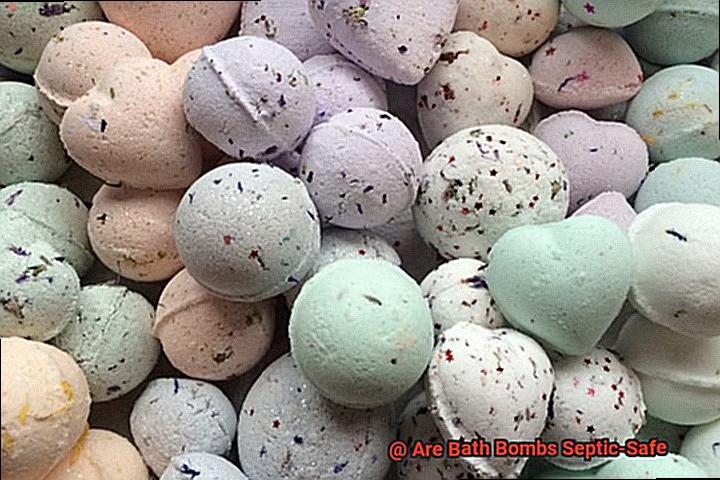
While these products can create an indulgent and relaxing experience, they can also wreak havoc on septic systems. Here’s what you need to know to keep your system running smoothly.
Bath bombs are made up of various ingredients, including baking soda, essential oils, and fragrances. Although these components are generally safe for personal care products, they can have detrimental effects when flushed down the drain. As bath bombs dissolve in water, they release chemicals that can lower the pH level of the water. This change can disrupt the delicate balance of bacteria in your septic system, making it less effective in breaking down waste and causing clogs and backups.
Moreover, some bath bombs contain oils and other substances that do not break down easily in water. These substances can accumulate on pipes and septic tank walls over time, leading to reduced flow or even blockages. Some bath bombs even contain glitter or small particles that can contribute to clogs in your system.
While some bath bomb manufacturers claim that their products are safe for septic systems, it’s important to read labels carefully and conduct your own research before using them. It’s recommended to use bath bombs sparingly and opt for those made with natural ingredients. If you do encounter issues after using bath bombs, it’s crucial to address the problem quickly to prevent any further damage.
To keep your septic system healthy and functioning properly, it’s best to be cautious when using bath bombs. By educating yourself about potential risks and taking measures to minimize them, you can enjoy your luxurious baths without compromising your system’s well-being. Always remember to read labels carefully before using any product that could potentially harm your septic system.
Tips for Choosing Septic-Safe Bath Bombs
If you’re a fan of bath bombs but also have a septic system, you might be wondering if you can still indulge in your favorite pastime without causing damage. The good news is that there are steps you can take to ensure that your bath bombs are septic-safe. Here are five tips to consider when choosing the perfect bath bombs for your septic system:
Natural Ingredients
When selecting bath bombs, choose ones that have natural ingredients and avoid harsh chemicals that can harm the bacteria in your septic system. Look for bath bombs with essential oils, natural colorants, and other plant-based ingredients to ensure that your septic system stays healthy.
Avoid Glitter
As tempting as it may be to add some sparkle to your bath, glitter and other small particles can accumulate in your pipes and septic system, leading to blockages. Opt for bath bombs without glitter or other non-biodegradable additives to keep your plumbing running smoothly.
Biodegradability
Choose bath bombs that are labeled as biodegradable or made with ingredients that are known to be biodegradable. Biodegradable bath bombs break down easily in your septic tank, reducing the risk of clogs and other issues.
Dissolvability
It’s also important to choose bath bombs that dissolve easily in water. Bath bombs that take too long to dissolve can leave residue in your bathtub and septic system, leading to blockages over time. Opt for bath bombs that dissolve quickly to minimize the risk of problems.
Size Matters
Lastly, consider the size of the bath bomb. Larger bath bombs may contain more ingredients, which can increase the risk of clogs in your plumbing and septic system. Opt for smaller bath bombs to minimize the risk of problems.
By following these tips, you can enjoy your luxurious bath bombs without worrying about harming your septic system. Always read reviews from other customers and err on the side of caution when it comes to using bath bombs with septic systems.
Signs of a Problem with Your Septic System
If you live in a rural area, chances are you have a septic system. While it’s easy to forget about this underground wastewater treatment system, it’s important to keep an eye out for signs of trouble. Here are the top five signs that your septic system may be experiencing problems:
Slow Drains
If your sinks, showers, or toilets are draining slowly, it could mean that your septic tank is full and needs to be pumped. Ignoring this issue can lead to backups and other major problems.
Odors
Foul odors from your drains or yard are never a good sign. If you smell sewage or sulfur, it’s time to call a professional. Not only is it unpleasant, but it can also be hazardous to your health.
Gurgling Sounds
Hearing strange gurgling sounds from your drains or toilets may indicate air trapped in the pipes due to a blockage in the septic system. Don’t wait for this problem to escalate – get it fixed right away.
Sewage Backup
If sewage is backing up into your sinks, toilets, or showers, it’s a clear sign that you need professional help right away. This issue can cause serious damage and health hazards if left untreated.
Lush Grass
While it may seem like a good thing, lush green grass over your septic tank or drain field can be a sign of trouble. The excess water and nutrients from the septic system can cause the grass to grow faster than usual, which could indicate an issue with drainage.
By staying aware of these warning signs, you can avoid costly repairs and keep your septic system running smoothly. Remember, if you notice any of these signs, call a professional for help right away.
How to Address Issues with Your Septic System
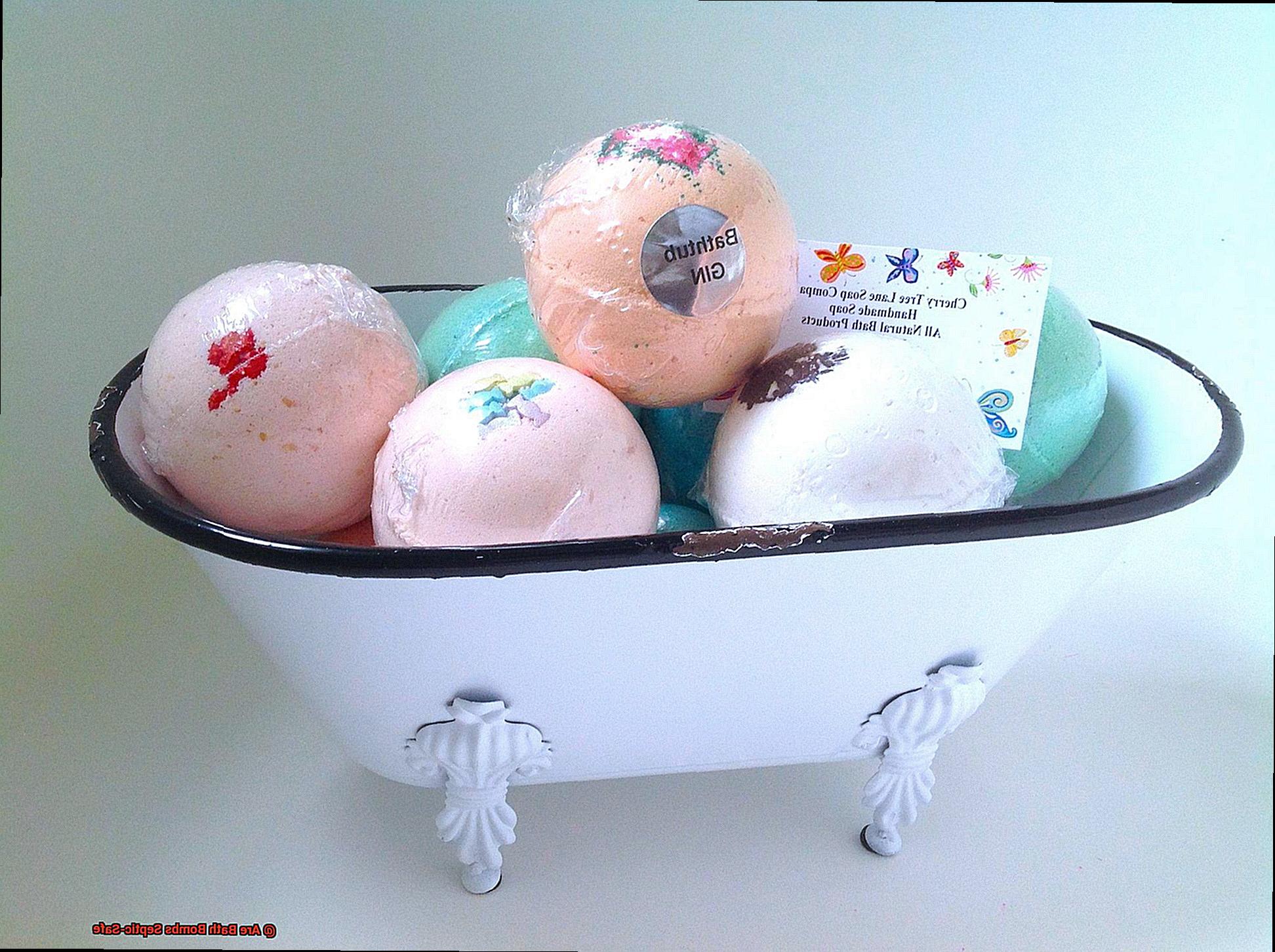
Prevention is Key
Your septic system is a vital part of your home’s plumbing, and prevention is key to keeping it in good working order. Regular maintenance and careful use of your plumbing can help prevent major issues from arising.
Be mindful of what you flush down the drain and avoid non-biodegradable items like wet wipes, feminine hygiene products, and bath bombs. Regular pumping of the tank, careful use of your plumbing, and regular inspections by a professional can help ensure the longevity of your system.
Clogging and Blockages
Clogging and blockages are common issues that can occur in your septic system. They can be caused by flushing inappropriate items down the toilet or pouring grease and oil down the drain.
If you suspect a clog or blockage, it’s important to avoid using your plumbing until the issue has been resolved. A professional plumber or septic system expert can remove the clog or blockage using specialized tools. Neglecting this issue could lead to backups of wastewater into your home or yard.
Backups of Wastewater
A backup of wastewater into your home or yard can be a nightmare scenario for any homeowner. It can be caused by a full septic tank or a malfunctioning component in the system, such as a pump or drain field. If you experience a backup, it’s crucial to contact a professional immediately to avoid potential health hazards and costly repairs.
They can assess the situation and recommend appropriate solutions, which may include regular maintenance or repairs.
Bath Bomb Damage
Bath bombs have become increasingly popular for their soothing properties, but they’re not as harmless as they seem. In fact, they can cause serious damage to your septic system. Bath bombs often contain ingredients that do not break down easily in water, such as oils and butters.
These substances can coat pipes and create a barrier that prevents water from flowing freely, leading to clogs and backups.
If you experience issues with your septic system after using bath bombs, it’s crucial to address them quickly to prevent further damage.
Professional Assessments and Maintenance
Regular inspections and maintenance of your septic system by a professional can help catch any potential issues before they become major problems. They can assess the damage and recommend appropriate solutions, which may include regular maintenance or repairs.
By taking proactive steps to maintain your septic system, you can avoid costly repairs and ensure the longevity of your system. Remember, prevention is key when it comes to maintaining a healthy septic system.
In conclusion, addressing issues with your septic system requires a proactive approach to maintenance and careful use of your plumbing.
Prevention is key, so be mindful of what you flush down the drain and avoid flushing non-biodegradable items. If you encounter an issue, don’t hesitate to contact a professional for help.
The Bottom Line: Are Bath Bombs Safe for Septic Systems?
While the answer is not straightforward, it is important to understand that the ingredients used in bath bombs can have long-term effects on your septic system.
Fragrances, essential oils, and colorants are common ingredients in bath bombs. While they may seem harmless, they can contain chemicals that disrupt the natural balance of bacteria in your septic system. This disruption can lead to costly blockages, backups, and other problems over time.
Additionally, some bath bombs contain non-biodegradable materials such as plastic beads or glitter that can accumulate in your septic system. These materials do not break down and can clog up your system, leading to improper waste flow.
However, bath bomb lovers need not despair. There are septic-safe options available on the market that are free from harmful chemicals and biodegradable materials. These products are specifically designed to be safe for use in homes with septic systems. With a bit of research and label reading, you can ensure that your bath time routine won’t cause any issues down the line.
To summarize, while bath bombs may seem like a luxurious addition to your self-care routine, it’s important to consider their potential impact on your septic system. By using septic-safe options and being mindful of what goes down your drains, you can help maintain a healthy septic system and avoid costly repairs in the future.
cJLxmf6Grk8″ >
Conclusion
In conclusion, bath bombs are a fantastic addition to any relaxing soak. However, if you have a septic system at home, it’s important to be mindful of their potential impact on your plumbing. Harmful chemicals found in some bath bombs can disrupt the natural balance of bacteria in your septic system, leading to blockages and backups.
But don’t worry. There are simple steps you can take to ensure that your bath bombs are septic-safe. Look for products made with natural ingredients and avoid glitter and non-biodegradable materials. Opt for smaller sizes that dissolve quickly to minimize the amount of residue left behind.
Regular maintenance and careful use of your plumbing are also crucial in preventing major issues from arising. Be mindful of what you flush down the drain and avoid non-biodegradable items like wet wipes, feminine hygiene products, and bath bombs. Regular pumping of the tank, careful use of your plumbing, and regular inspections by a professional can help ensure the longevity of your system.
If you notice warning signs like slow drains or foul odors after using bath bombs, it’s important to address them quickly by contacting a professional. Remember – prevention is key. By taking proactive steps to maintain a healthy septic system and choosing septic-safe bath bombs made with natural ingredients, you can enjoy luxurious baths without compromising your plumbing’s well-being.

